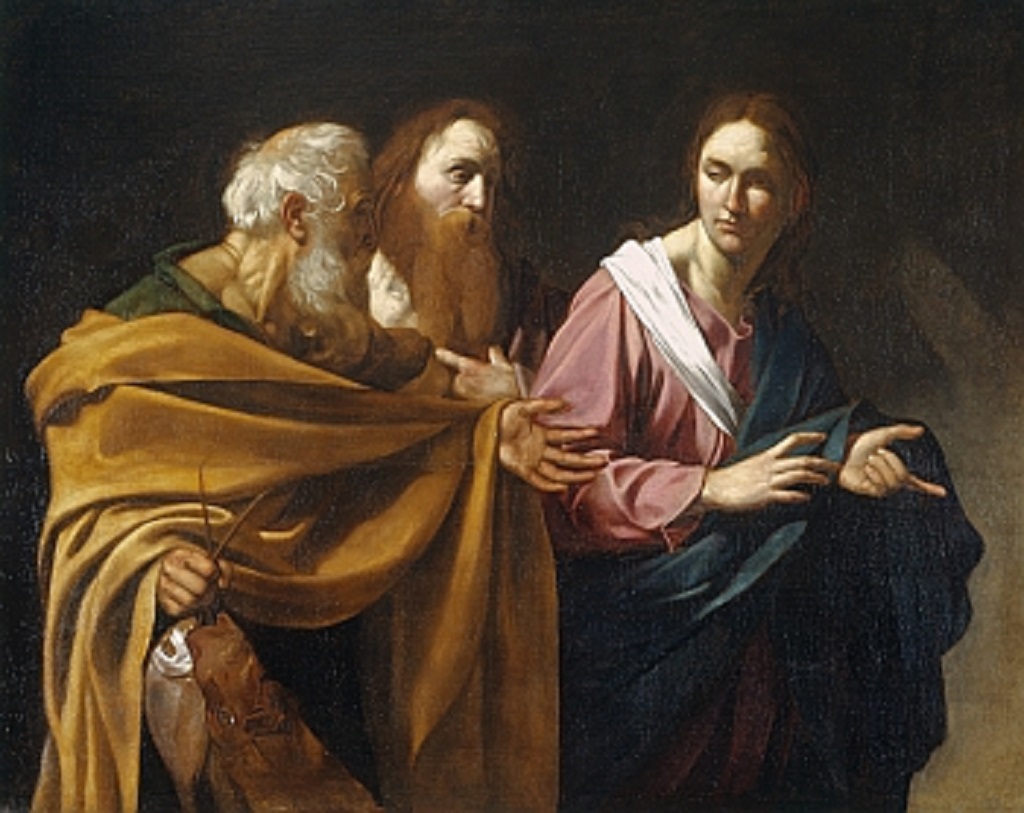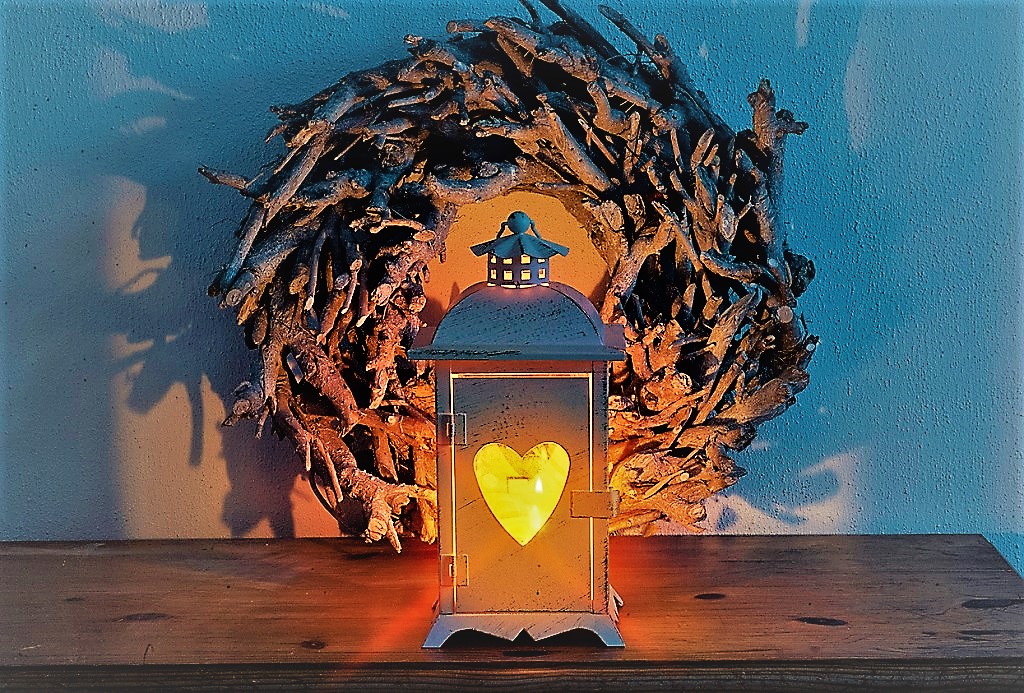Today’s Advent reflection for the 1st Thursday of Advent, 2016
[Throughout the 2016 Advent season, we will be bringing you guest posts from a variety of writers. Our hope is that each of these will be a meaningful way for you to slow down, pray well, and prepare for the coming of our Lord. Today’s guest blogger is Fr. Scott Nolan, reflecting on the Mass readings for Thursday, December 1.]
Trust in the Lord forever, Isaiah invites us. Trust in the Lord forever. During this Advent Season we are invited to wait for the coming of the Lord, to prepare the way for Him to come into our world. Today the book of Isaiah tells us to trust in God forever, to never stop trusting in God’s goodness for us.
And how, we ask, are we to do that? The one who does the will of the Father in heaven is the one who will enter the Kingdom of heaven, Jesus tells us. Trust in God and doing the Father’s will are interconnected; they are mutually enriching. Indeed, Jesus goes on to tell us that doing the Father’s will is like building our house upon a solid foundation. Perhaps we have seen what happens when a house lacks a solid foundation. Jesus and those of His time certainly seem to know the devastating effects.
In this time of waiting on the Lord, on vigilance for His coming, we are invited to trust in the Lord, and to know that this trust is founded upon the solid foundation of His goodness for us, and our generous response to that.
Fr. Scott Nolan is a priest of the Diocese of Grand Rapids. He is currently the pastor of St. Stephen Catholic Church and School in East Grand Rapids, Michigan.




 Chris Stefanick is an internationally acclaimed author and speaker, who has devoted his life to inspiring people to live a bold, contagious faith. Archbishop Charles J. Chaput, OFM Cap calls Chris, “one of the most engaging young defenders of the Christian faith on the scene today.” Chris is also the founder of Real Life Catholic, a Denver-based non-profit which operates as the headquarters for Chris’s various initiatives. Above all, Chris is proud to be the husband to his wife Natalie and father to their six children. To learn more about Chris’s work, please visit:
Chris Stefanick is an internationally acclaimed author and speaker, who has devoted his life to inspiring people to live a bold, contagious faith. Archbishop Charles J. Chaput, OFM Cap calls Chris, “one of the most engaging young defenders of the Christian faith on the scene today.” Chris is also the founder of Real Life Catholic, a Denver-based non-profit which operates as the headquarters for Chris’s various initiatives. Above all, Chris is proud to be the husband to his wife Natalie and father to their six children. To learn more about Chris’s work, please visit: 


